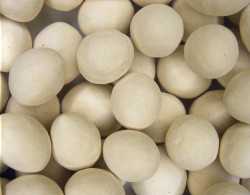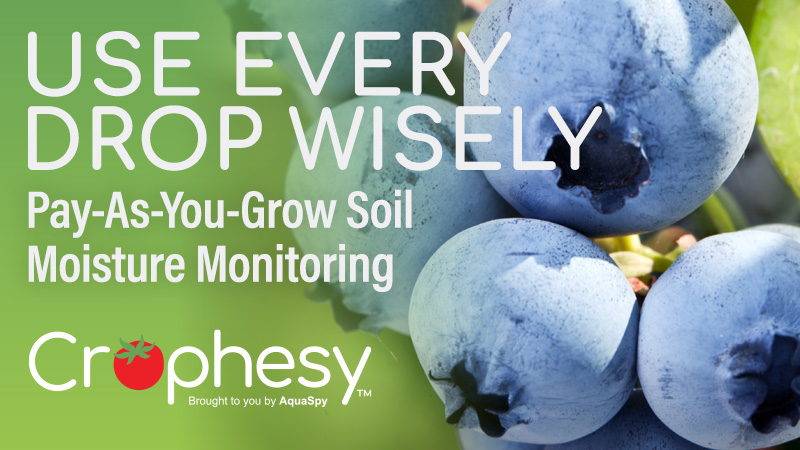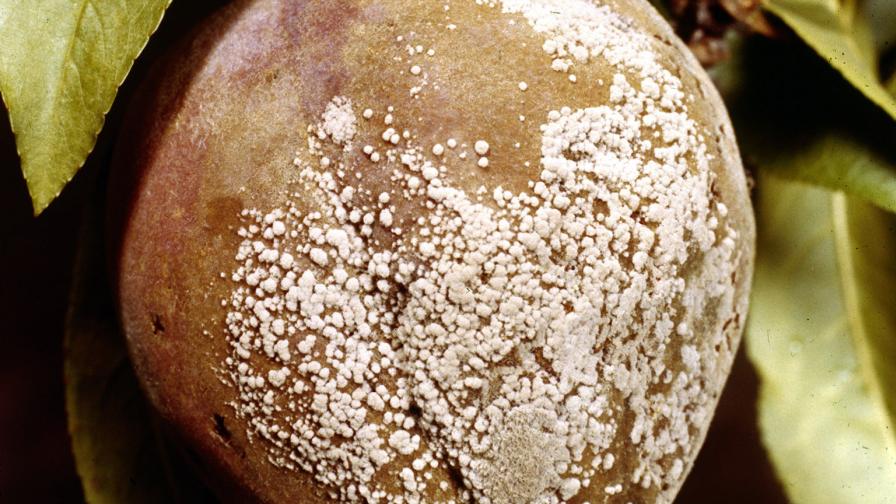Lettuce Seed Technology Comes Of Age

Pelleted lettuce seed was originally developed back in the 1960s to improve the efficiency of farming operations by enabling growers to use mechanical planters for precision placement of seeds. Lettuce seed pellets have come a long way since then, says Brad Kortsen, new product and business development manager at Incotec USA.
AlphaKote, the latest lettuce pellet from Incotec, has been developed to meet the ever-changing needs of the lettuce industry. AlphaKote’s improved shape, surface texture, and weight allows growers to plant with more precision, regardless of planter type.
“What we see now is more diversity in planter types,” says Paul DeCarli, Incotec’s account manager for the Western U.S. “One advantage of AlphaKote is it can be planted with improved precision in air or belt planters.”
AlphaKote’s design grew the 108 lettuce pellet that Incotec has been selling for many years and will continue to sell, says Gerard Denny, research manager for Incotec. Growers want not only the improved shape but the improved surface texture of AlphaKote that makes it perform better in both air planters and belt planters, he adds.
Better Yields
The uniform shape, surface texture, and weight improves the precision of the planting process, says Kortsen. “AlphaKote flows through the planter with fewer skips and fewer doubles, making it easier to thin the field,” he says. “It makes for better plant populations with the potential of better yields.”
Another advantage of pellets is that it’s difficult to place additives on raw seed, such as a fungicide or insecticide, says Kortsen. “A pellet allows us to effectively apply the
many new seed-applied chemistries to the seed which otherwise would not be possible,” he says.
The 108 pellet has such capability, notes Denny, but AlphaKote has room for much more in the way of additives. “It can be simple and straight-forward,” he says, “or we can deliver a lot of components.”
He envisions a day when AlphaKote could provide a wide array of functions. ”There is a bright future for all of those additives — we would like to do more,” he says. “Not all those seats on the school bus are filled yet.”
Not Just For Lettuce
While initially available only on lettuce, AlphaKote will soon be found on other vegetable crops, says Denny. Incotec is now trialing the technology on carrot, onion, and tomato seed. “We do believe it should have functionality broadly,” he says.
After all, the new technology’s advantages apply to other crops, says his colleague, Kortsen. AlphaKote got its name from the notion of the Alpha investor, who gets a return over and above the expected return.
“We feel AlphaKote, because of its flexibility and performance, has the potential to make the grower’s operation more successful and provide peace of mind.” Just ask the customers who participated in field testing, says Kortsen. “Some customers, after trials, are switching 100% to AlphaKote,” he says.









